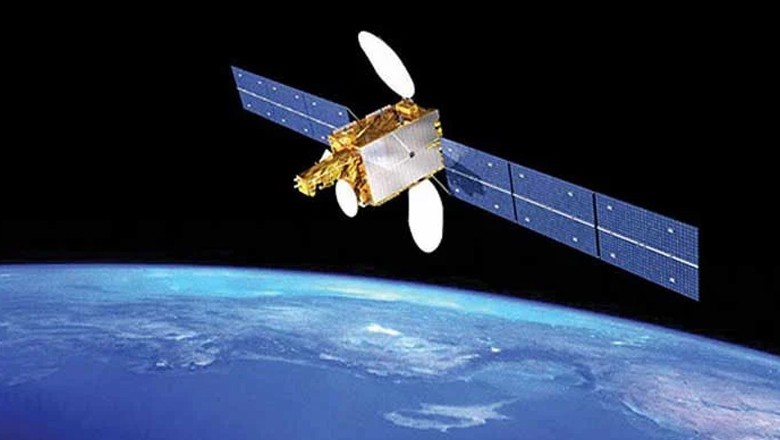Pakistan sets sights on moon mission after successful remote sensing satellite launch

Web Desk
|
31 Jul 2025
The government of Pakistan has marked a significant milestone in its space exploration journey with the successful launch of a remote sensing satellite. Following this, a minister stated that a Pakistani satellite would land on the moon within ten years.
Federal Minister for Planning Ahsan Iqbal extended his congratulations to the nation and the dedicated team of engineers and scientists at the Space and Upper Atmosphere Research Commission (Suparco) for their hard work and commitment.
With the satellite now successfully orbiting the Earth, Iqbal expressed gratitude for the extensive support received from China throughout the project.
Read: Pakistan successfully launches remote sensing satellite from China
He emphasised that this achievement is a testament to Pakistan's growing capabilities in space technology, stating, “Pakistan will once again take a leading role in space technology.”
Looking to the future, the Minister announced plans to advance the nation's space programme, revealing that, with continued collaboration with China, Pakistan aims to send its first astronaut into space next year.
Furthermore, the Minister said that by 2035, the country will conclude its program to send a mission to space.
The recently launched satellite marks the fourth remote sensing satellite that Pakistan has sent into orbit, enhancing the nation’s ability to respond to natural disasters.
Read: PTA in talks with Starlink for satellite internet registration in Pakistan
Iqbal noted that the satellite would play a crucial role in providing early warnings for floods and monitoring environmental conditions, such as glacier movements and water flow.
Notably, Pakistan has launched the remote sensing satellite around 6:30 am and 7:15 (Pakistan standard time).
This state-of-the-art satellite is designed for Earth observation and scientific research and is expected to play a vital role in improving the country's capacity to detect and respond to natural disasters, including floods, landslides, earthquakes, glacier melting, and deforestation.












Comments
0 comment